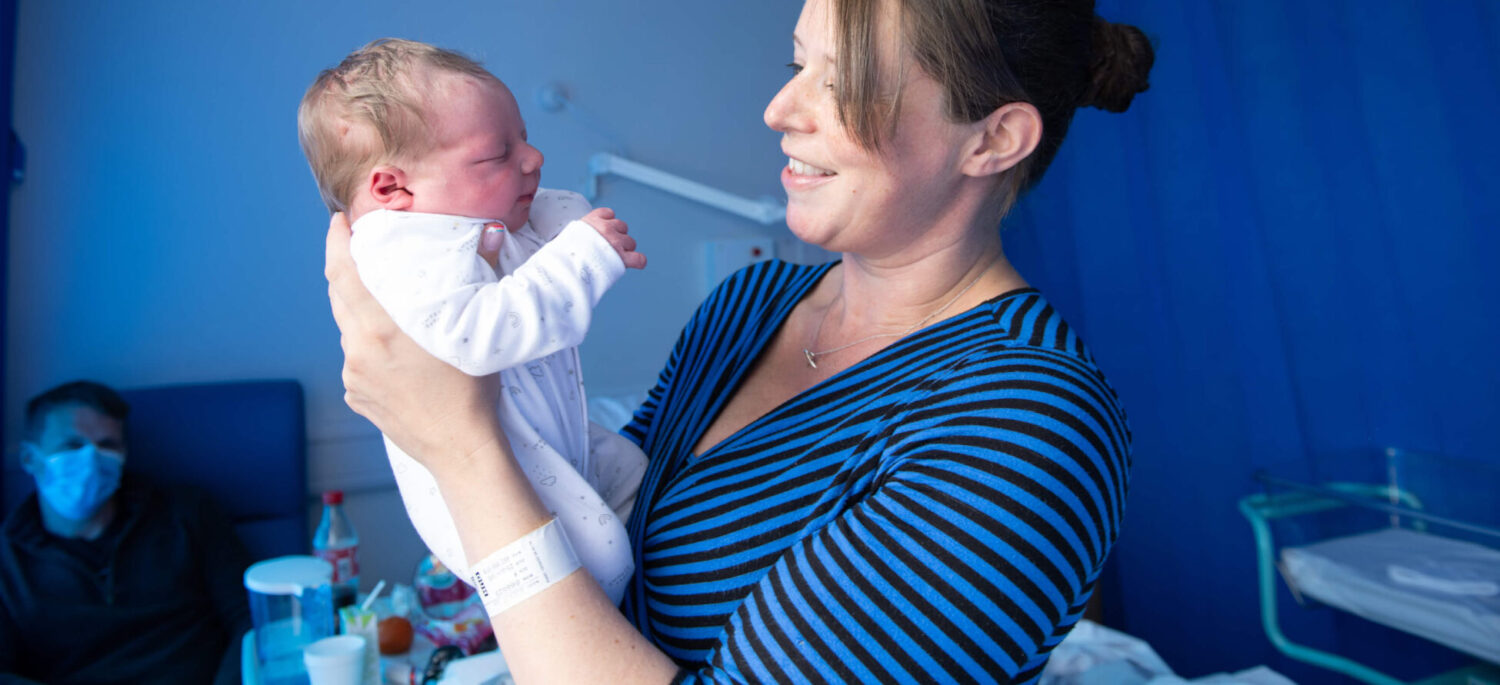Preventing Disease and Saving Resources looks at how raising breastfeeding rates could save the NHS money through improving health outcomes.
This report was commissioned by UNICEF UK and written by a multi-university academic team. The authors’ calculations show that moderate increases in breastfeeding could see millions in potential annual savings to the NHS – and that figure might only be the tip of the iceberg.
Findings show that for just five illnesses, moderate increases in breastfeeding would translate into cost savings for the NHS of up to £50 million and tens of thousands of fewer hospital admissions and GP consultations.
In addition, analyses on three conditions – cognitive ability, childhood obesity and Sudden Infant Death Syndrome (SIDS) – indicate that modest improvements in breastfeeding rates could save millions of pounds and, in the case of SIDS, children’s lives.
The report makes a strong financial case for investing in better support services for women to enable them to start breastfeeding and continue for as long as they wish. Additional resources are also available to make the case for better breastfeeding support: a comprehensive report in the Lancet (2016) and recent commissioning guidance from Public Health England and UNICEF UK.
The findings support the NICE recommendation of the Baby Friendly Initiative standards as cost effective, with a costing report which estimates that becoming Baby Friendly will start to save a facility money after three years, owing to a reduction in the incidence of certain childhood illnesses,



